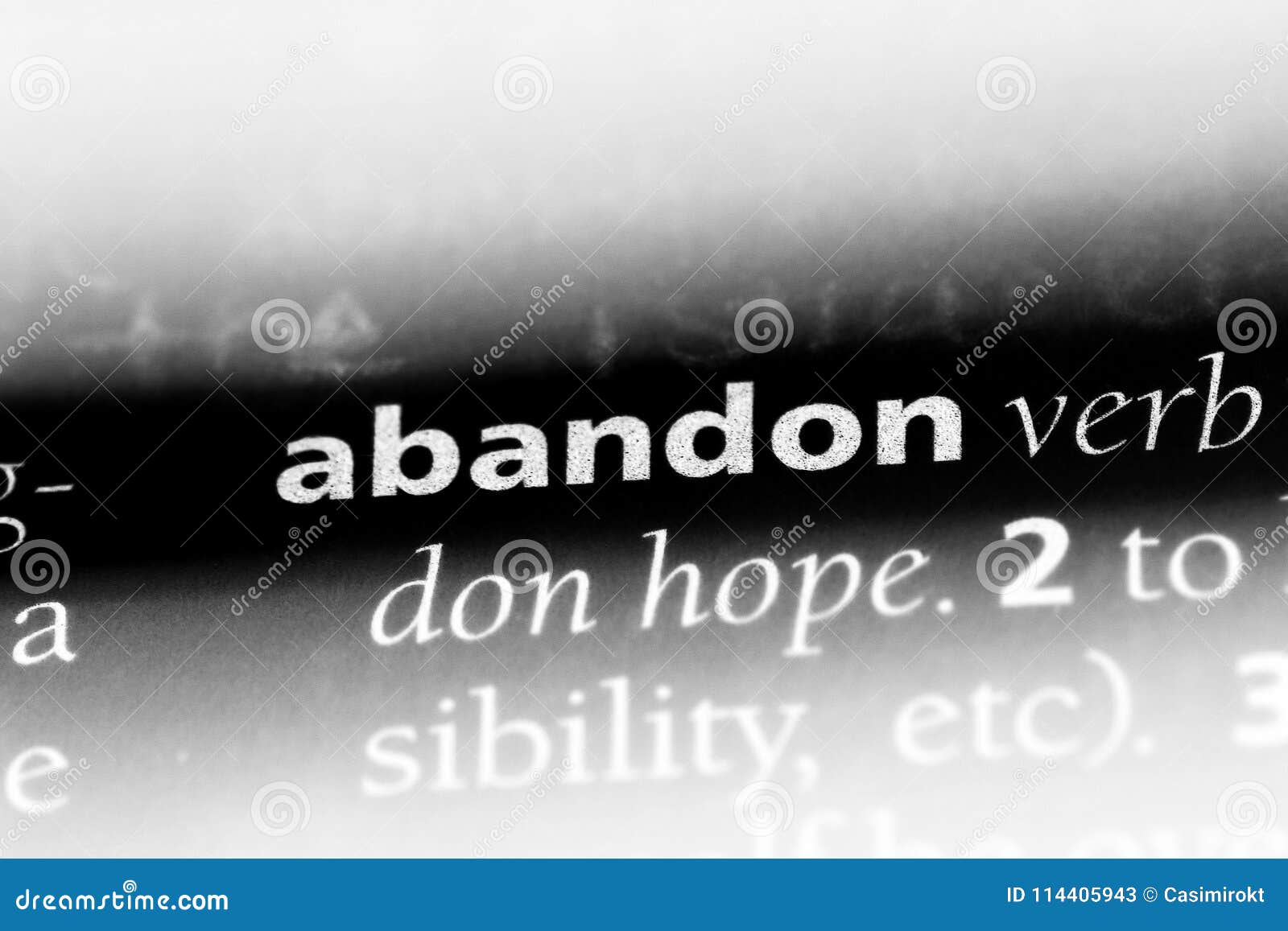

However, this anxiety typically makes forming healthy and secure relationships with others more challenging. How fear of abandonment affects a person can depend on the cause. Sometimes, children develop an intense form of separation anxiety that doctors classify as a disorder. However, children who develop an anxious attachment style may go on to experience insecurity in other relationships, too. This separation anxiety does not necessarily mean they will have abandonment issues as adults. This is especially the case in new or unfamiliar settings, such as on the first day of school. feeling anxious about going to day care or schoolĪ child may continue to experience separation anxiety for much of early childhood.crying or having tantrums when a caregiver leaves the child somewhere.being reluctant to leave their caregiver.It typically begins between 6–12 months and peaks at around 3 years old. Separation anxiety is a part of child development in infants and very young children. In children, some degree of worry about caregivers leaving them is developmentally typical. These conditions have their own set of symptoms. Intense fear of abandonment can also be a feature of personality disorders, such as BPD and dependent personality disorder (DPD). stay in unhealthy relationships due to a fear of being alone.give too much in relationships, or have a lack of boundaries.always try to please others, even at their own expense.need frequent reassurance that others love them.constantly look for signs that others do not really like them.worry that friends or partners will leave them.People with an anxious attachment style may: People develop an attachment style as they grow up. This is known as an anxious attachment style.Īttachment styles are the ways in which people form relationships.


Instead, it is a type of anxiety that can manifest itself in different ways.įor example, some people who fear abandonment may feel generally insecure in relationships and need frequent reassurance from their partner. Fear of abandonment is not a distinct mental health condition.


 0 kommentar(er)
0 kommentar(er)
